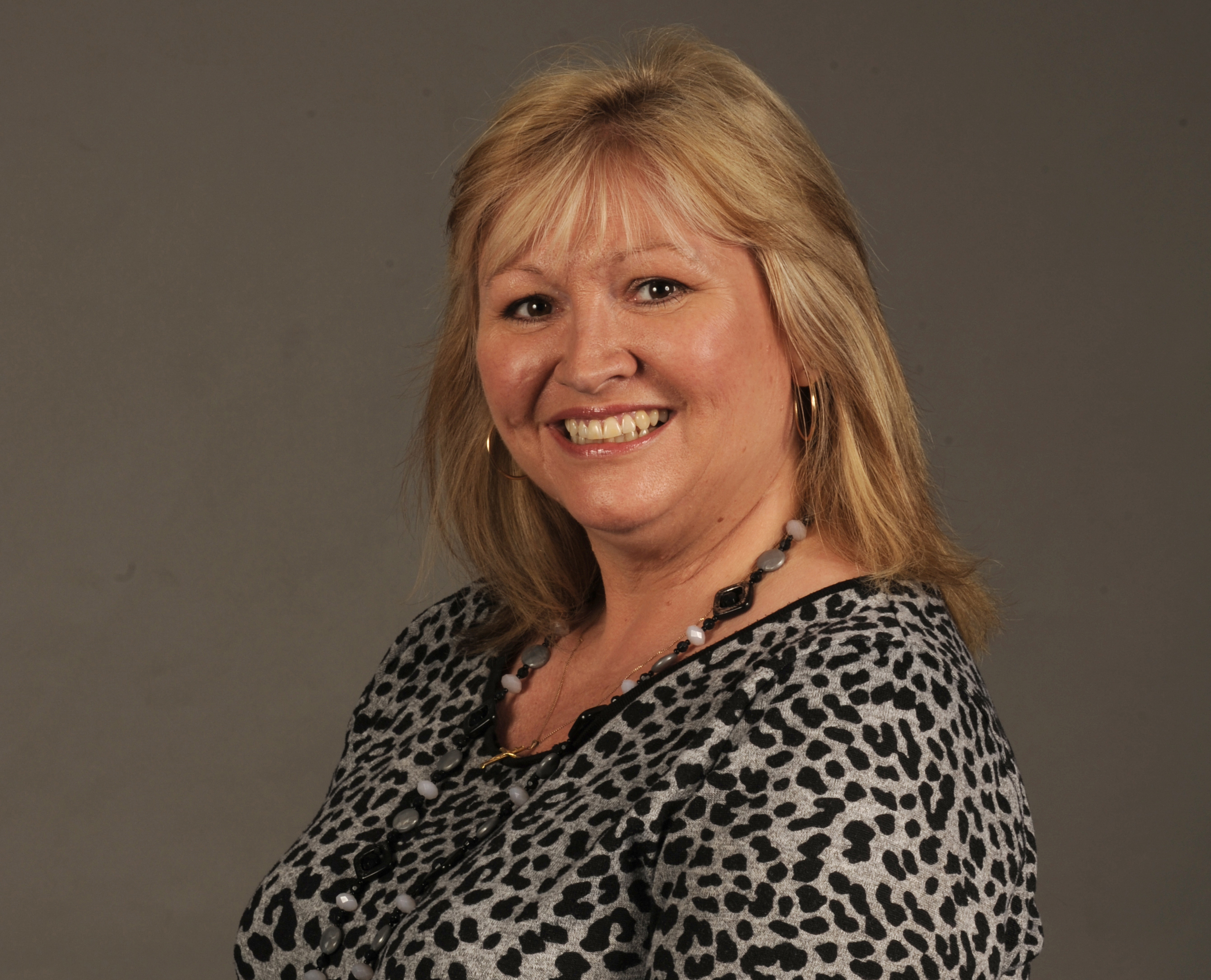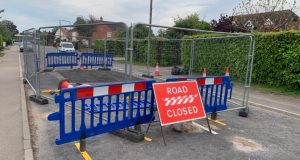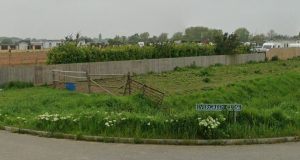Angela Harrison is a South Holland district councillor for Crowland and Deeping St Nicholas.
A councillor since May 2007, at first she also had two other part-time jobs, but it’s now a full-time occupation. Coun Harrison has served on the licensing committee for eight years and enjoys it “immensely”.
She says: “I particularly like the challenge and responsibility of being chairman of the committee and licensing authority, where I can strive to make a positive difference and ensure that our district is a safe place to live.”
6.45am It’s the start of a busy day as I’ll be chairing a licensing committee hearing this morning. After getting up and showered and dressed, I make sure my children are up. I enjoy a nice cappuccino whilst going through my emails, social media and websites to check whether there are any pressing issues to deal with.
8am See my two teenage boys off to school and grab my paperwork and bag before driving to South Holland District Council’s offices in Spalding.
9am Pop into the Members’ Room, ahead of the hearing which starts at 10am. I go through the case evidence and questions to ask. A licensing hearing is similar to a court case, but we cannot allow cross-examination, as all questions are put through myself, as the chair. Our job is to get to the truth, so we need to phrase questions in various ways to get the right answers.
10am I get the hearing underway by introducing myself, the other panel members, the licensing officer, the legal advisor to the panel and our clerk. The hearing concerns an application for a premises licence at the former China City Restaurant in Spalding. The police are present, along with a member of the public, both of whom have submitted representations (objections) against granting the licence. The applicant has brought two people with him – his solicitor and the premises leaseholder, who is later found to be his business partner. Once the report has been read out and the applicant has made his case to the panel, the objectors state their reasons. Objections must relate to the four licensing objectives:
- the protection of children from harm
- the prevention of public nuisance
- the prevention of crime and disorder
- public safety
12.30pm Everyone is happy that they’ve had a fair hearing, so we retire to consider the evidence and reach a decision. After deliberating for 30 minutes and seeking legal advice, we reconvene to ask further questions of the business partner, as it seems he has links to a previous applicant, who in turn has links to two other premises where illegal cigarettes were found, one of which he is still the leaseholder.
1.15pm The panel reconvenes and all parties are gathered back in the chamber and I direct a number of questions to the premises leaseholder, and make a note of his answers.
1.45pm We retire for a second time to consider the new evidence, and conclude that the applicant is linked to the previous applicant. On the basis that this undermines the licensing objective of ‘prevention of crime and disorder’, we decide to reject the application. The clerk types out a decision notice confirming our verdict and outlining the reasons. Once satisfied that it is worded correctly, I sign it and it is photocopied so that all parties have a copy.
3.05pm We return to the chamber where everyone is gathered for the decision. I read it out, along with the right of appeal notice.
When it comes to granting new alcohol licenses, council officers are strictly governed by legislation. If an application has no objections from interested parties or responsible authorities such as the police or Trading Standards, then the license must be granted.
Any objections have to relate to at least one of the four licensing objectives.
As frustrating as it may seem, personal opinions are irrelevant – we have to abide by the licensing laws.
Another frustration is the fact that some of the current laws can be exploited.
For example, if we revoke a store’s licence to sell alcohol, they have 21 days to appeal. During this time they can continue to sell alcohol, and if they do appeal, they can carry on selling it until the case is dealt with in court, which could take anything from six months to a year!
I think the Government should close this legal loophole and I firmly believe local councils should have tougher powers in this area.
I would also like to see legislation for the licensing of tobacco products introduced, as currently you do not need a license to sell cigarettes.
3.35pm I retire to the members’ room and check my post box, before returning home to Crowland to cook dinner for the family.
6pm After clearing away the dishes from dinner, I check all correspondence again (emails, social media, texts, etc) and respond to some enquiries.
These include a query about the council’s new Green Waste service, whether the county council’s waste freighter service will be reinstated, fly tipping that had been spotted and whether there was a local playground for under-fives as the one for under-12s is too challenging for their child.
9pm I join my husband in the lounge and watch some TV to unwind – the first time today I’ve been able to have a proper break!
10.45pm It’s time for bed. I may not have another licensing committee hearing tomorrow, but as ever, I am sure it will be an interesting and challenging day.
 The Voice of Spalding and South Holland
The Voice of Spalding and South Holland




